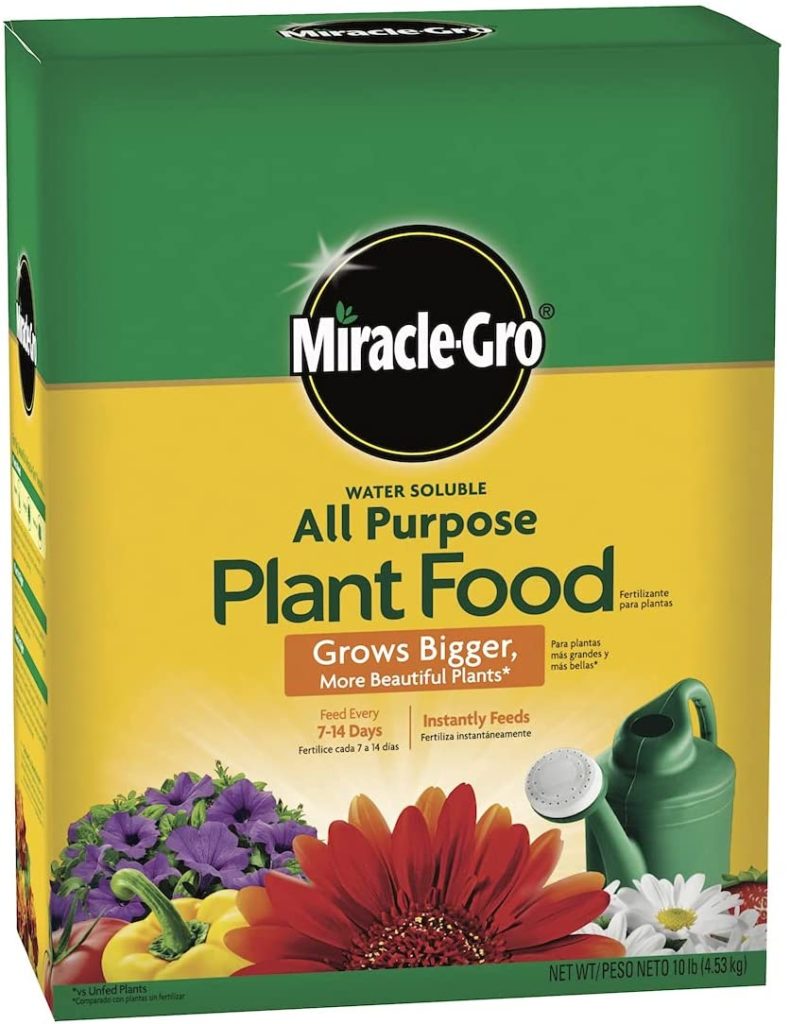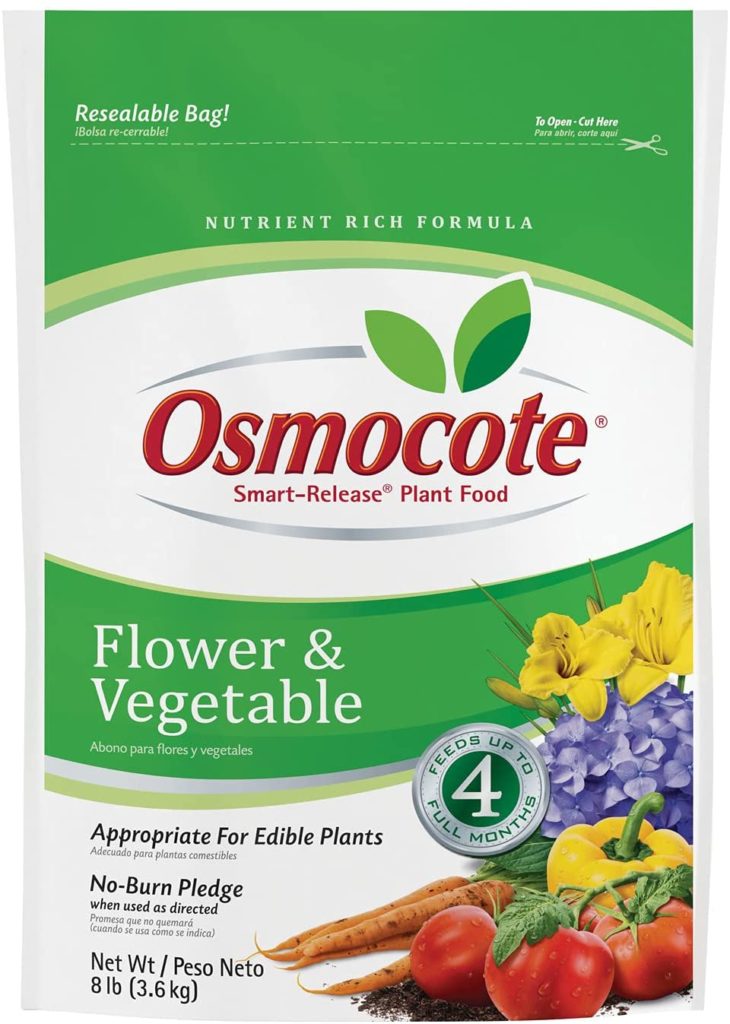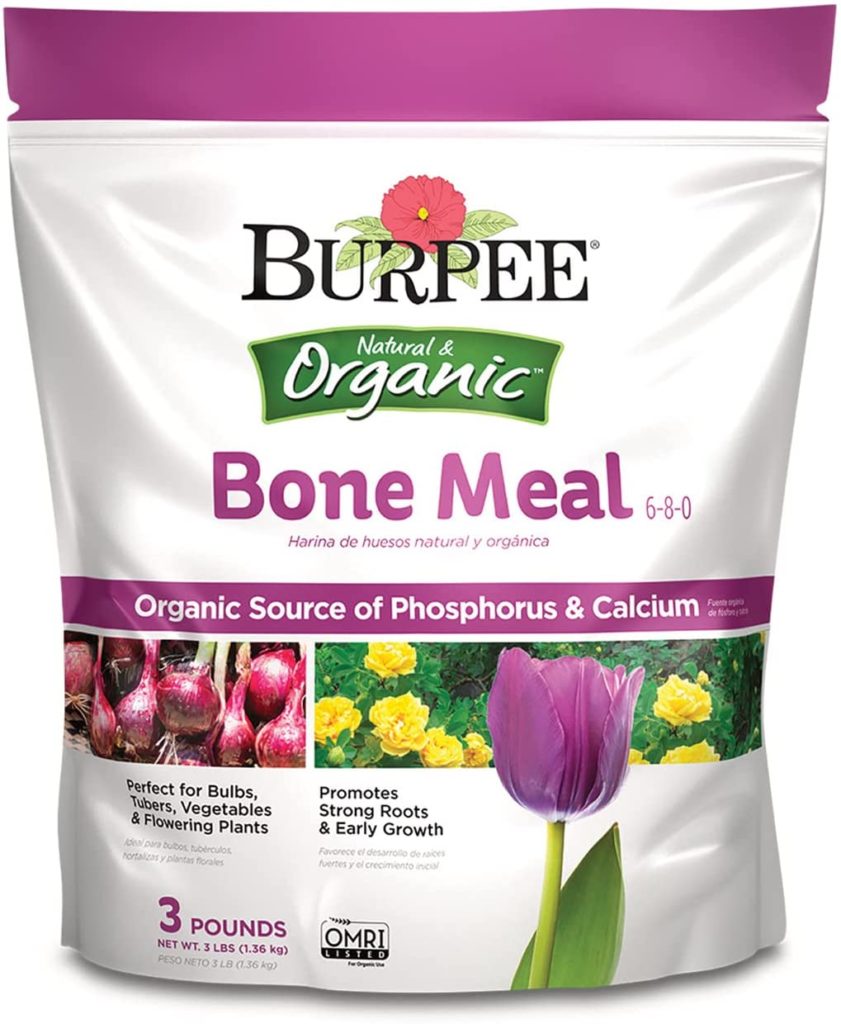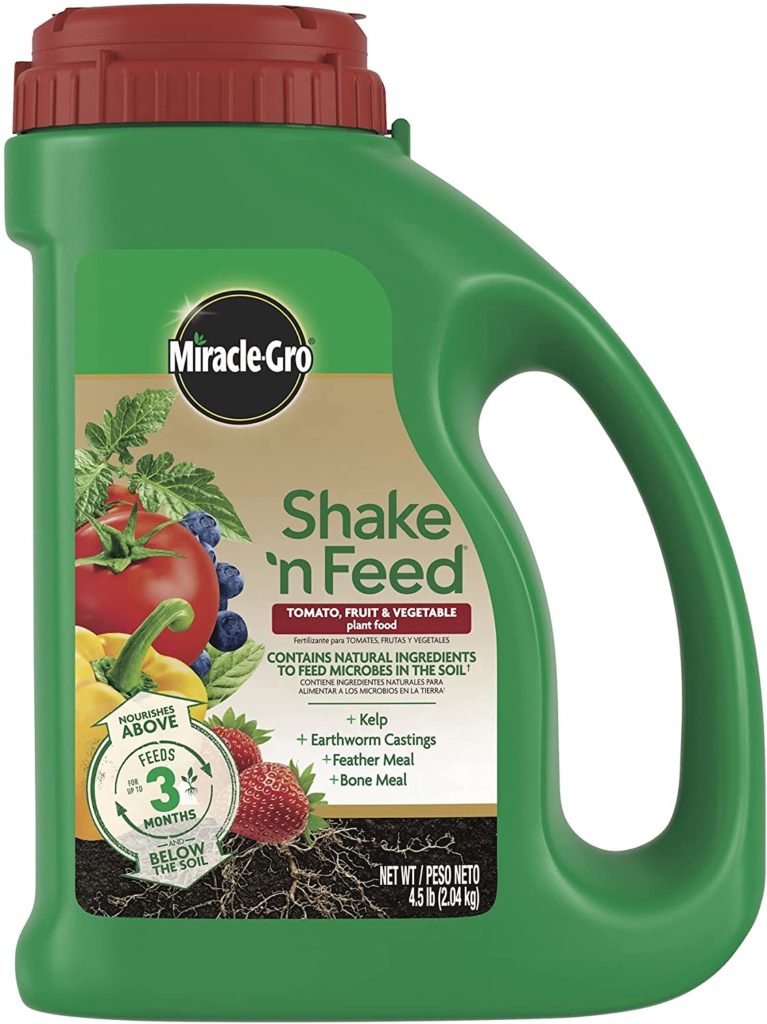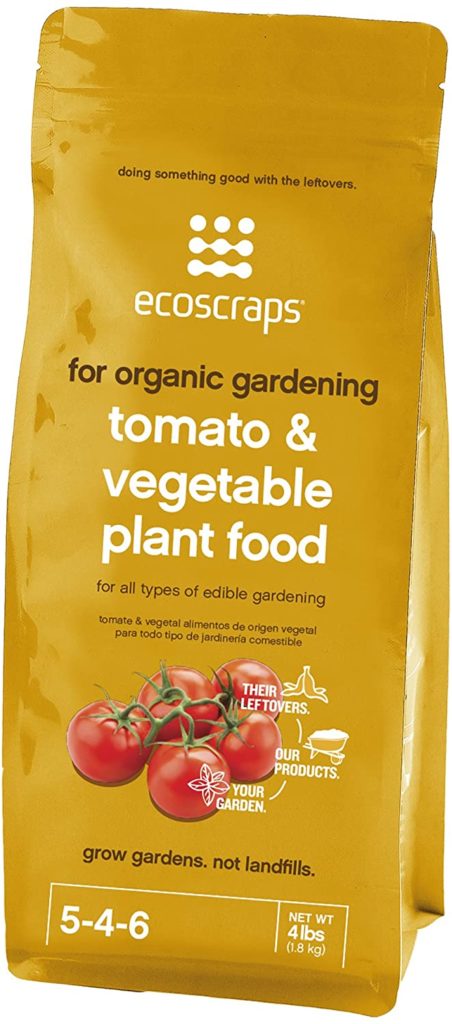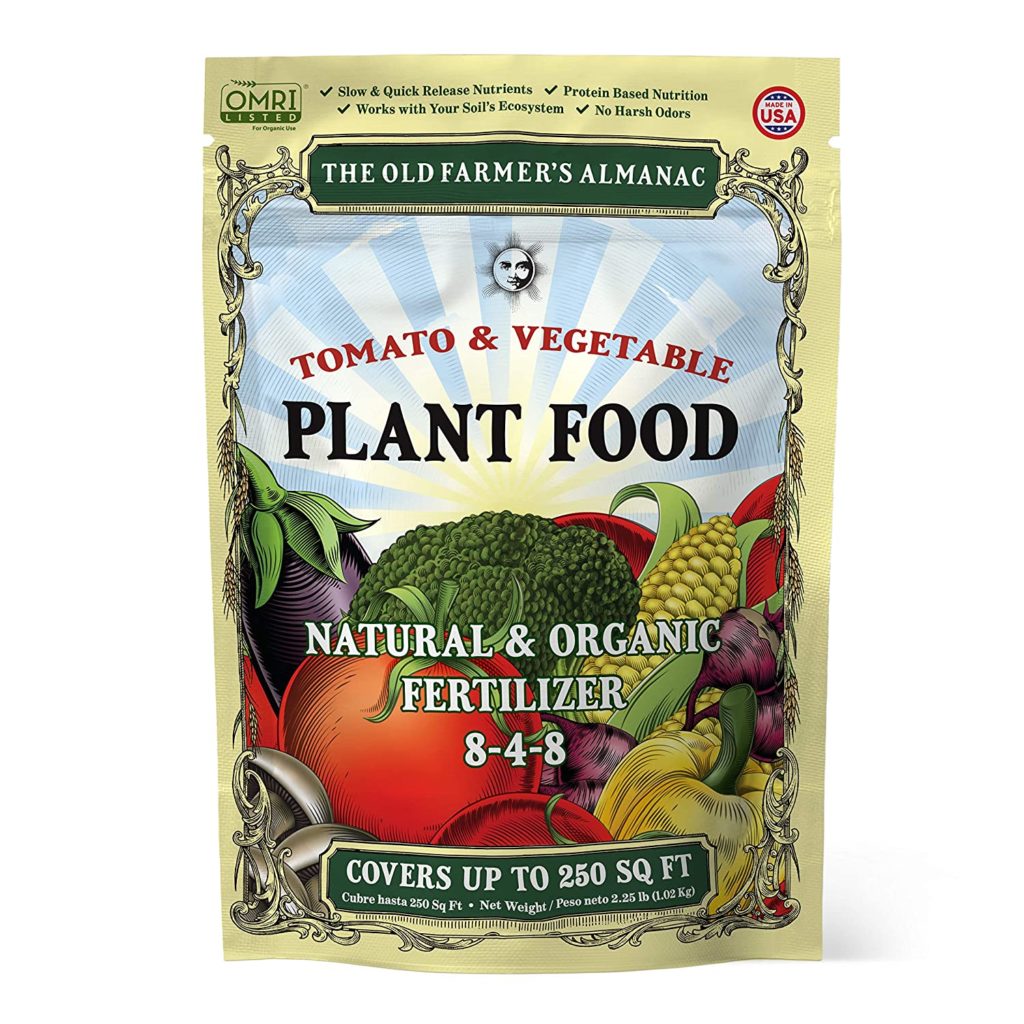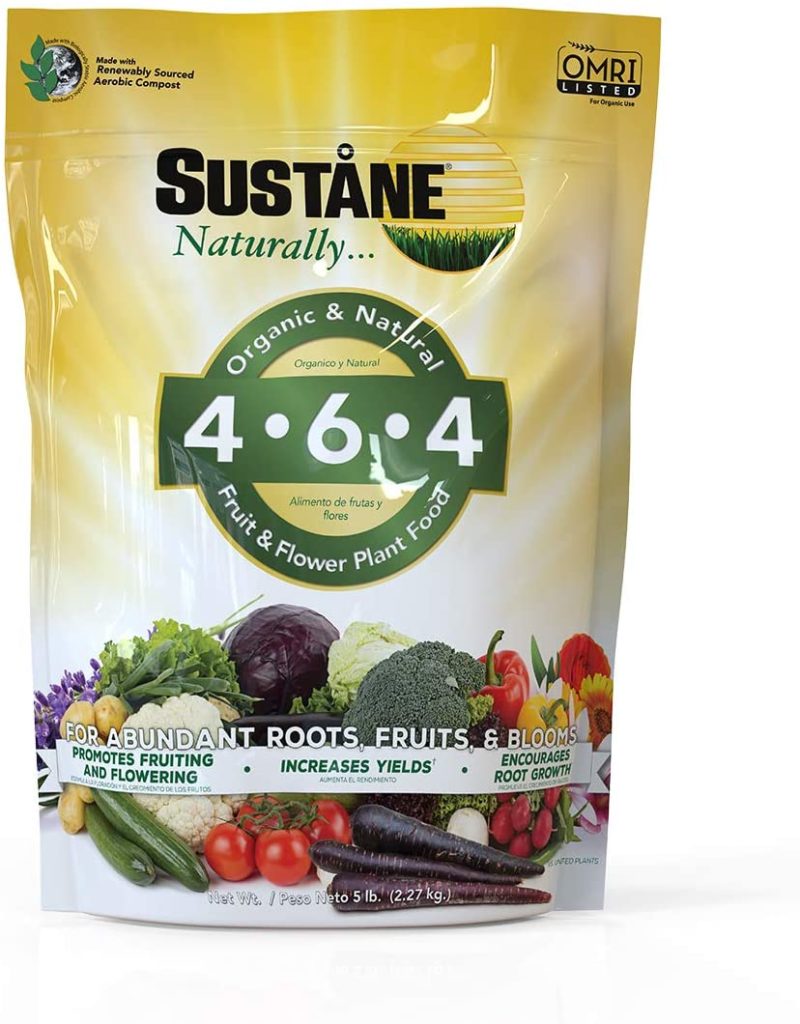Although squash is a native of the Americas, it is currently grown in many countries, particularly in the United States. The skin of summer squashes, such as the crookneck, the scallop, and the zucchini, is thin and tender, but the skin of winter squashes, such as the acorn, the banana, the gourd, and the pumpkin, is thick and tough. The squash plant is a productive crop that does best on soils that are warm, moist, and high in organic matter.
Utilizing a well-balanced fertilizer, such as 4-4-4, will allow you to get the best possible outcomes from your squash.
Utilize organic fertilizer if you want your garden to endure for many years. Be careful to feed the ground in the spring before you plant your squash seedlings so that they have the best chance of survival. The second fertilizer application should be made after the squash vines show signs of beginning to blossom. If you want to have a successful harvest the next year, work some compost into your garden’s soil in the fall.
When choosing a fertilizer for squash, there are a lot of different aspects to take into consideration. It is possible that selecting the fertilizer most suited to your requirements may be challenging due to the wide variety of possibilities available. Taking the time to learn about your squash’s needs and conducting some research might make a difference. So, it is recommended to know everything about the fertilizer in detail before you begin your research about the best fertilizers for squash.
The 7 Best Fertilizers For Squash
Nitrogen, phosphorus, and potassium are the three primary elements that make fertilizers. Phosphorus is one of the most important components of good fertilizer for squash. Squash flourishes when provided with the appropriate nutrients and grown with the appropriate fertilizer. The following are a few of the best fertilizers available for purchase for use in the production of squash.
1. Miracle-Gro Water Soluble Vegetable & Herb Plant Food
It is a plant food that is completely natural and dissolves in water. Due to the speed with which it produces effects, it is an excellent fertilizer for squash. When applied with a watering can, the fertilizer instantly provides the plants with their nourishment.
When you use Miracle-Grow, you will see huge and stunning results in the shortest period possible. If you want to see results right away from the fertilizer you use on your squash plants, this is the product for you.
In addition to that, the cost of purchasing the fertilizer is not too high. Without a doubt, the best fertilizer for producers of squash who are working with a limited budget. The fertilizer is also among those that are the least complicated to apply.
The application to the soil foundation may be made with nothing more complicated than a watering can. Tomatoes, peppers, basil, carrots, cucumbers, and maybe many more vegetables might all be improved by its application. Gardeners who are working with a limited budget will value this.
In any event, the consumption of this vegetable and herb plant food by your squash will prove to be very beneficial for the plant’s growth. The only thing that is required to apply it is a watering can. This will help nutrients reach plant roots faster. It may be too much for seedlings and plants sensitive to stress to handle, but it is a fantastic supplement for mature squash plants.
Features:
- NPK ratio: 24-8-16
- A fast-acting formula that promotes large, attractive results
- Herbs and vegetables like basil and tomatoes flourish on Miracle-Gro Water Soluble Plant Food
Direction for Usage:
Using a watering can mix 1 1/2 teaspoons per 1 1/2 gallons of water. Soak the soil around the base of plants seven to fourteen days a week for optimal effects. Approximately 15 square feet may be covered by 1 1/2 gallons. To feed vast outside plants while watering, this is a great option.
Each plant’s roots should be fertilized no more than once every seven to fourteen days for optimal results. Two pounds feed around 800 square feet of garden space. You’ll find more instructions on the product’s label.
- Stronger nutritional composition
- Instant outcomes
- Beneficial to already-established plants
- Budget-friendly
- A watering can may be used to apply it
- It may be too powerful for delicate plants
- Inorganic
2. Osmocote Vegetable & Flower Food
The multipurpose fertilizer known as Osmocote Flower & Veggie Plant Food will be beneficial to both flowering plants and vegetable plants alike. When using this combination, you should expect the development of healthy, deep roots in addition to vigorous top growth.
It can be used repeatedly without reapplication for a period of up to four months. The NPK value of this product is 14-14-14, which guarantees that you will get a significant quantity of flavorful vegetables by using it.
One of the most interesting characteristics of this kind of fertilizer is that it has a distinctive resin coating that is wrapped around each grain. Even when the soil temperature is cool, the early infusion of nutrients that these provide is beneficial to the growth of perennial plants.
You can get the best squash ever with the aid of Organic Plant Food from Espoma. This garden fertilizer is ideal for you since it was manufactured in the United States and provides all 15 of the nutrients that are required by your squash.
Features:
- NPK ratio: 14-14-14
- Perfect for perennial flowers
- Produces tasty veggies and beautiful flowers
- Ideal for use for a period of up to four full months
Direction for Usage:
Simply sprinkle the granules over the soil, make sure they are well distributed, water the area often, and repeat the process every four months. Using this product is a straightforward operation that even inexperienced gardeners can do, which is an advantage.
- Root growth is boosted by this product
- Perennial plants will thrive on this soil
- Boosts the overall growth rate
- Give vegetables a rich taste
- It’s simple to use
- There are a variety of various sizes Budget-friendly
- It’s not organic
3. Burpee Organic Bone Meal Fertilizer
Bone fertilizer produced by Burpee is beneficial to various types of crops, including fruits, vegetables, and squash. It is an organic bone meal that is rich in phosphorus. The typical outcomes are squash, which is both healthy and bigger. In addition to this, the high nitrogen content of the fertilizer assures that the plant will grow its leaves. Nitrogen decomposes slowly in the soil and does not damage the plants.
It’s possible to cut down on over-fruiting if you start seeing leafy results early. How squash seedlings are planted and cared for is of the utmost importance. To ensure a successful harvest, add fertilizer at the beginning and end of the growing season.
Phosphorus applied at an early stage helps plants grow faster and has a strengthening effect on their roots. More robust root systems create more vibrant blooms, which then yield a greater quantity of delicious squash and other vegetables.
You should strongly use Burpee, as it encourages the proper growth of young squash and should be applied at the beginning of the growing season.
Features:
- Organic mix
- NPK ratio: 6-8-0
- Contains bone meal
- Preferably suited to early-season plantings
- Certified by OMRI
- Nitrogen slow-release
- It’s ideal for promoting healthy root development
Direction for Usage:
For healthy plant development and strong roots, incorporate them into the soil or potting mix when seedlings are being planted or at any other time before harvest. Nitrogen is slowly released from bone meal fertilizer, allowing for healthy plant development throughout the season. Make sure to follow the directions on the package for how much to use.
- All-natural
- Phosphorus concentration is high
- Delicate on young plants
- Useful in late-season growth
- Dogs are drawn to the scent
4. Miracle-Gro Shake’ n Feed for fruits and vegetables
Fertilizer that is simple to dissolve may be applied to a garden either by spraying it on with a hose or pouring it into a bucket and then spreading it out over the plants and soil. It contains an NPK formula of 8-2-12, which encourages rapid plant development, assisting the squash in producing plentiful blossoms and more abundant harvests. The formula may be seen on the packaging of the product.
It is recommended that freshly sprouted squash seeds or seedlings apply this Miracle-Gro plant food once every seven to ten days to achieve the best possible results from using the product. The treatment is beneficial to growing all different kinds of garden vegetables and plants. If you apply this plant food properly, your squash will result in a larger harvest. This is because your plants will be healthier. This plant-based diet is beneficial for various vegetables, not only cucumbers.
You may apply this fertilizer to other plants in your garden and the cucumbers growing there. Because it is water-soluble, combining and spreading it will not provide any difficulties.
Features:
- NPK ratio: 8-2-12.
- Organic ingredients.
- Specifically formulated for use with Tomatoes & Veggies.
- It’s simple to use.
- It can be utilized both above ground and in containers.
- Up to three months of feeding.
- Budget-friendly formula.
Direction for Usage:
The granules of this product need to be dissolved in water at a rate of one and a half teaspoons per one and a half liters of liquid. When you are spraying your garden with the hose garden feeder, make sure you follow the guidelines on the feeder.
- All-natural
- It dissolves more quickly in water
- Increases the number of flowers produced
- Stronger root development and rapid growth are encouraged by the mixture
- If you want excellent results, you’ll need to apply them regularly
- It is not organic
5. EcoScraps for Organic Gardening Tomato & Vegetable Plant Food
To make their fantastic goods, EcoScraps makes use of leftover food scraps, redirecting the nutrients that would otherwise go to waste instead of putting them to use in your garden. Your plants will benefit from the high-quality, organic nutrients that you provide for them, and there will be less waste sent to landfills.
The nutritional makeup of 5-4-6 is mild enough to be used on immature squash, and the fact that this product is organic means that you do not need to be too concerned about crusting or scorching.
The amount of phosphorus present is not very high, but in most cases, we want that figure to be at least comparable to the amount of nitrogen present. Although the larger potassium content helps to compensate for this, it would have been much better if there was also a greater amount of phosphorus present. This is excellent news for the growth of your squash crops, as well as those of other vegetables and tomatoes.
Since it is a unified particle, using it is simple. This makes it easy to put into practice. This product may be used on young plants, plants that are already established, as well as plants that are grown in containers.
Features:
- NPK ratio: 5-4-6
- Uses plant waste
- No manure is added to this product
- Organic mix
Direction for Usage:
It is advised that you spread three cups of granules over an area of ground that is fifty square feet in size and thoroughly rake them in. it spreads uniformly. Observe the package’s feeding schedule for more detailed information
- Environmentally friendly
- Organic
- Ideal for young plants
- An easy-going NPK ratio
- Specifically designed for use with veggies
- Phosphorus levels are lower
- There’s an unpleasant odor to this product
6. The Old Farmer’s Almanac Organic Tomato & Vegetable
The Old Farmer’s Almanac is a resource that may be of use to you in getting your newly planted vegetable seeds off to a healthy start. Before and after planting squash and tomato seedlings, growers may apply this organic vegetable fertilizer to help the plants flourish. By using this 8-4-8 combination, you will be able to improve the production of leaves, fruits, and veggies, in addition to promoting healthy root development.
This organic fertilizer is made up of several different types of meals, including soybean meal, bone meal, feather meal, blood meal, and potassium sulfate. It is packaged in a box that weighs 2.25 pounds and can treat an area that is up to 250 square feet in size. This fertilizer, which is a one-stop-shop for all of a plant’s feeding requirements, may be beneficial to plants grown both inside and outdoors and in all climates.
There is a good amount of protein in it. This solution makes use of both slow and fast-acting nutrients, which allows for the growth of the plant over a longer period. The capacity of the one-of-a-kind formula to interact with the natural ecology of the soil contributes to an improvement in the distribution of nutrients.
Features:
- NPK ratio: 8-4-8
- Granular fertilizer
- OMRI listed
- Slow-release fertilizer
Direction for Usage:
When planting young vegetable plants in the garden or containers, use 1.5 tablespoons of this granular fertilizer per square foot of soil. The application should be repeated every six to eight weeks for the healthiest plants and the largest crop.
- Great for squash and other plants
- Strengthens the root system while also increasing the amount of foliage that grows
- The product only has to be reapplied every six to eight weeks
- Products containing only natural components that have been tested and certified
- Non-GMO and OMRI-approved substances are used
- Free of dangerous chemicals or animal excrement
- Granules should be mixed into the soil prior to feeding
- In soil, this might lead to mold growth
7. Sustane 464 Fertilizer
This wonderful natural fertilizer is sure to be a hit with your squash! It is designed specifically for plants and helps them produce more flowers. The nutritional content of 4-6-4 provides you with the advantages of each of these approaches.
This fertilizer helps plants grow, improves the soil’s structure, and promotes microbial variety in the soil. The fact that it may have chicken excrement present is one of its drawbacks. If even thinking about it makes you uncomfortable, then you should definitely go elsewhere for your needs.
Since the fertilizer is Sustane and does not lack any essential nutrients, you can be guaranteed that your plants will thrive when you use it. Sustane is a fantastic alternative for plants that need soil that is very rich and fertile since it is a fertilizer that is made from compost.
This promotes fruiting and flowering and a rise in the output of your squash crop and the healthy growth of its roots. This increases the microbial diversity in the soil, which in turn enables the decomposers in the soil to provide your plants with the nutrients they need for growth.
Furthermore, when you harvest your squash crops, they are going to have a wonderful flavor. Mixing the pellets with the potting soil will allow them to perform their function properly.
Features:
- NPK ratio: 4-6-4
- Produces more fruits and flowers
- Microbial diversity is increased
- Organic soil preparation is a great use for this
- Appropriate balance of ph
- It’s simple to use
Direction for Usage:
At the time of planting, repotting, or regular fertilizer maintenance, just insert or spread the fertilizer near the root zone of potted or bed-grown plants or as needed. For more information, you can see the package details on the back.
- Organic
- Made for veggies
- Designed to boost the production of crops
- Good for squash plants
- Soil structure and quality are improved
- It’s made from chicken excrement
- Smelly odor
Frequently Asked Questions
• As a horticultural tool, fertilizer is an excellent choice
• Your property or store-bought soil may not contain the right nutrients for plants
• Finally, the basic potting soil that you use to start seeds generally lacks the proper nutrients for developing plants
The frequency with which you should apply fertilizer totally depends on the product you decide to use. Each product comes with instructions on how to use it, so be sure to review the box before using it in your garden thoroughly. This guarantees that the greatest outcomes are achieved.
Liquid fertilizer is more adaptable in terms of how it is applied. These, on the other hand, must be made exactly as directed and well combined. For best effects, you’ll likely have to reapply it multiple times. Granules may be a better option if you want a less time-consuming method.
Only use non-organic fertilizer in your garden if there is no risk of children or dogs walking into the area where it has been sown. You may, however, use non-organic fertilizers if you are ready to work with them since they tend to produce and grow crops more quickly than organic fertilizers. There is no question that those particularly concerned about the environment should stick to organic fertilizers.
While fertilizing squash plants throughout the growing season is a good idea if you’re cultivating a certain kind, the frequency and quantity of fertilization will depend on the type of squash.
Winter and Summer Squash, for example.
Generally speaking, winter squashes are heavier feeders than summer squashes. The kind of fertilizer you use and the manner you use to apply it will determine the frequency with which you should feed each of them.
Conclusion
Any of the fertilizers on this list may help you produce a greater harvest from your squash in weeks. Fertilizing your squash plants will result in a larger crop and enhance the taste of the squash that you harvest. In addition to this, they help reinforce your plant as a whole, which ultimately results in less damage being sustained from storms.
When using the best possible fertilizer for squash, you can expect your harvest to be larger and in better health. Choosing the right squash fertilizer may also help minimize the bitterness of certain squash varieties.
Also Read….
- How to Fertilize Lawn? Secret Tips You Should Follow When Fertilizing Lawn
- When to Fertilize Lawn? Important Things You Should Know Before Fertilizing Your Lawn
- 5 Best Fertilizer for Grass in Summer – {Review 2023}
- A Guide to the Best Fertilizer for Cucumbers to Buy in 2022
- Can You Apply Ironite and Fertilizer at the Same Time?
- Top 7 Best Fertilizer for Palm Tree (Review 2022)
- 6 Best Fertilizer Spreader to Buy in 2022 (Top Picks for Your Lawn)
- 6 Best Blackberry Fertilizer to Buy in 2022 (Our Top Picks)
- 7 Best Fertilizer for Plumeria in 2022
- The Pros and Cons of Organic Fertilizer Every Gardener Should Know

